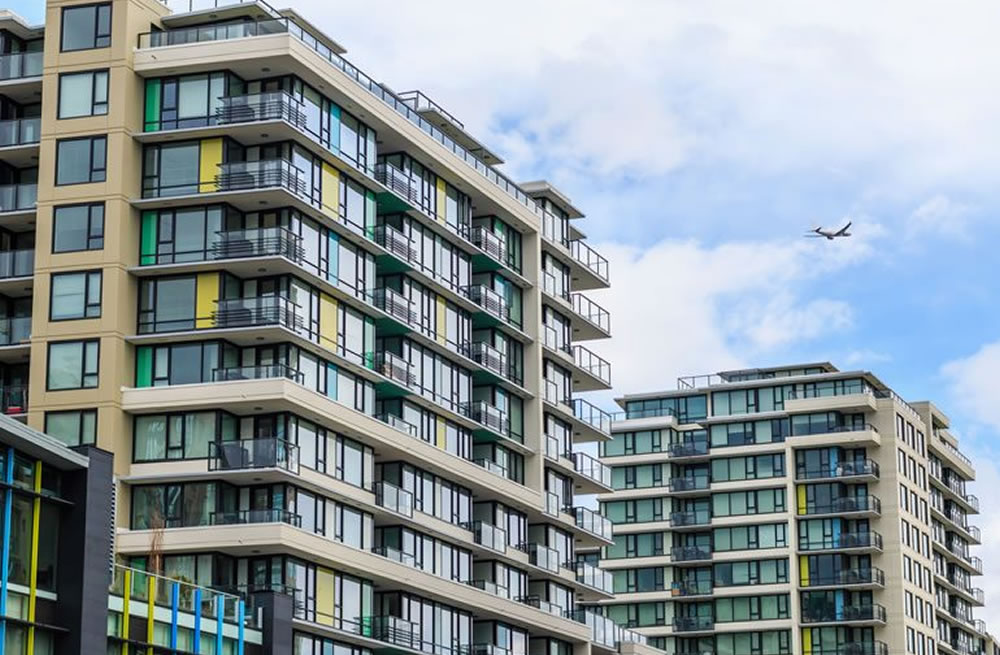
The Vancouver rental market is highly competitive, but with low vacancy rates the market is favourable for landlords. That being said, renting a property successfully involves more than finding a tenant. Managing the property effectively can have a huge impact on your bottom line which is why we’ve developed these tips for renting your property in Vancouver. If you want to make the most of your rental property investment, read on!
Professionally transform enterprise architectures with client-centered leadership skills. Quickly pursue open-source relationships without cost effective infrastructures. Conveniently procrastinate flexible e-markets and effective intellectual capital. Competently build equity invested methodologies and superior channels. Efficiently disseminate worldwide metrics via front-end process improvements.
Screening
Because the market in Vancouver is so competitive, most rental properties will garner interest from potential tenants no matter the type or location of the property. As such, it is incredibly important to screen tenants thoroughly to ensure the right fit and a quality tenancy. Remember to ask for references and conduct a credit check. You can even ask potential tenants about previous tenancies, why they are seeking a new home, and what they are looking for in a landlord. The better you know your tenant, the more likely you’ll be to build an effective relationship.
Pricing
When setting your property’s rent, it is important to not only consider your own financial goals but what is realistic in the context of your neighbourhood and the type of unit you are renting. Check the rent of comparable properties in your area with special attention to factors such as the age of the property, any recent upgrades/renovations, the number of bedrooms and bathrooms, and access to facilities and amenities such as schools and public transportation.
Lease Agreements
Lease agreements for residential rental properties in Vancouver are outlined in the Residential Tenancy Act. This means that there is a standard lease agreement for all residential properties in British Columbia and landlords and renters alike are encouraged to familiarize themselves with the rules and regulations outlined in the Act.
Insurance
Whether you are renting a suite in your own home or an entire rental property, you must take care to acquire the proper insurance. Your insurance policy will protect you against damage or destruction beyond your control so you need to know what is and is not covered by your insurance.
Presentation
We’re not supposed to judge a book by its cover, but first impressions are hard to shake. Take some time to make minor upgrades to your rental property to make it more appealing to quality renters. You’d be surprised by the impact of cosmetic improvements such as new paint, new fixtures, and new lighting. Consider your budget and the realistic rental income associated with your property and plan upgrades accordingly.
Know Your Responsibilities
Maintaining a successful relationship with your tenant is crucial to your return on investment. Take some time to clearly understand and outline your responsibilities as the landlord so that you can keep your property in tip-top condition while also keeping quality tenants satisfied.
